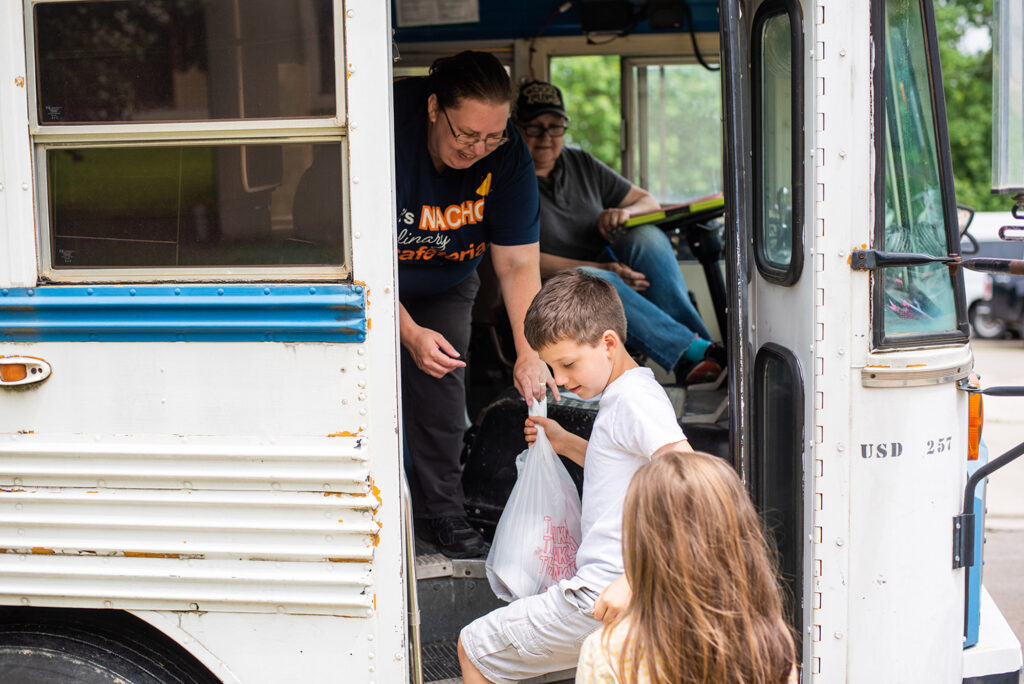
Dr. Stef Sloan, PhD is a lecturer at the University of Kansas School of Social Welfare, Director of Research for the Child’s Voice Project, and a research and evaluation consultant in the child welfare space, advancing national strategy for research, evaluation, and funding for pre-petition and preventative legal services. I sat down to talk with her about legal representation for parents involved, or potentially involved, in the child welfare system.
What is multi-disciplinary legal representation (“MDLR”)?
In the child welfare context, it is a model of legal representation for parents who have had contact with the child welfare system. There are different models, but the most common is a team consisting of child welfare attorney and a parent advocate. The parent advocate can be a social worker or case manager, but the important part is that their role is to help parents navigate the system.
This navigation can look like many things: for example, if housing is an issue, the advocate will help the parent work with community resources, if removal is an issue, the advocate may attend agency meetings with the parent, or help them comply with court ordered tasks they need to complete to achieve reunification.
At what point in the process does multi-disciplinary representation occur?
There are three points in the continuum where MDLR can come in, but ideally it occurs as far upstream as possible.
The first place where MDLR is appropriate is primary prevention. The parent has an MDLR team before a hotline or an investigation has occurred. The impacted family is identified and their needs addressed so that there is no need for DCF involvement
An MDLR team can assist the family with housing, SSI, food stamps, really any number of issues in order to prevent a family even having contact with the child welfare system.
The second place is pre-petition; after a hotline, but before a child in need of care (“CINC”) petition is filed. The MDLR team would help the family address the reasons for the proposed petition, again relying on community resources, and working to address the root cause in order to keep the family together. So for example, a family is hotline for failure to provide an adequate education, truancy. Well the reason the child is truant is because the parent’s car needs repair and the parent lacks the money to get it fixed, and as a result, have been unable to get their child to school.
And lastly, once the child has been removed from their home, the parent/s would have the MDLR legal team to help them navigate the court and agency processes, as they work toward reunification.
This sounds like it could greatly benefit families, but how do we pay for it?
The federal government provides Title IV/E funds to pay for a percentage of MDLR. Kansas is not currently drawing down any IV/E funds for parent legal representation.
How do we make MDLR a reality for Kansas families?
We must create a dedicated backbone organization that is 100% dedicated to creating, building, and maintaining legal services for families at risk of involvement or who are already involved in the child welfare system, across the spectrum from preventative to post petition representation.
What are the benefits for the state if such a system is implemented?
First and foremost, keeping children out of foster care, and keeping families together. Additionally, the state would save a tremendous amount of money by preventing removal of children from their families and placing them in the foster care system.
We know that trauma from involvement in child welfare can impact several generation of family. By using MDLR, we would be able to interrupt the generational impact of trauma, and stop the cycle for many Kansas families.
Additional resources:
Providing Parents Multidisciplinary Legal Representation Significantly Reduces Children’s Time in Foster Care, https://www.americanbar.org/groups/public_interest/child_law/resources/child_law_practiceonline/january—december-2019/providing-parents-multidisciplinary-legal-representation-signifi/
In Major Reversal, Feds Will Now Help Pay Child Welfare Legal Fees, https://imprintnews.org/child-welfare-2/major-reversal-feds-pay-legal-fees-children-parents/33204
White House Announces Slate of Actions on Child Welfare, https://imprintnews.org/youth-services-insider/biden-administration-announces-slate-actions-child-welfare/244951
Most States Now Access Federal Funds for Family Court Lawyers, https://imprintnews.org/top-stories/states-access-federal-funds-for-family-court-lawyers/247752

